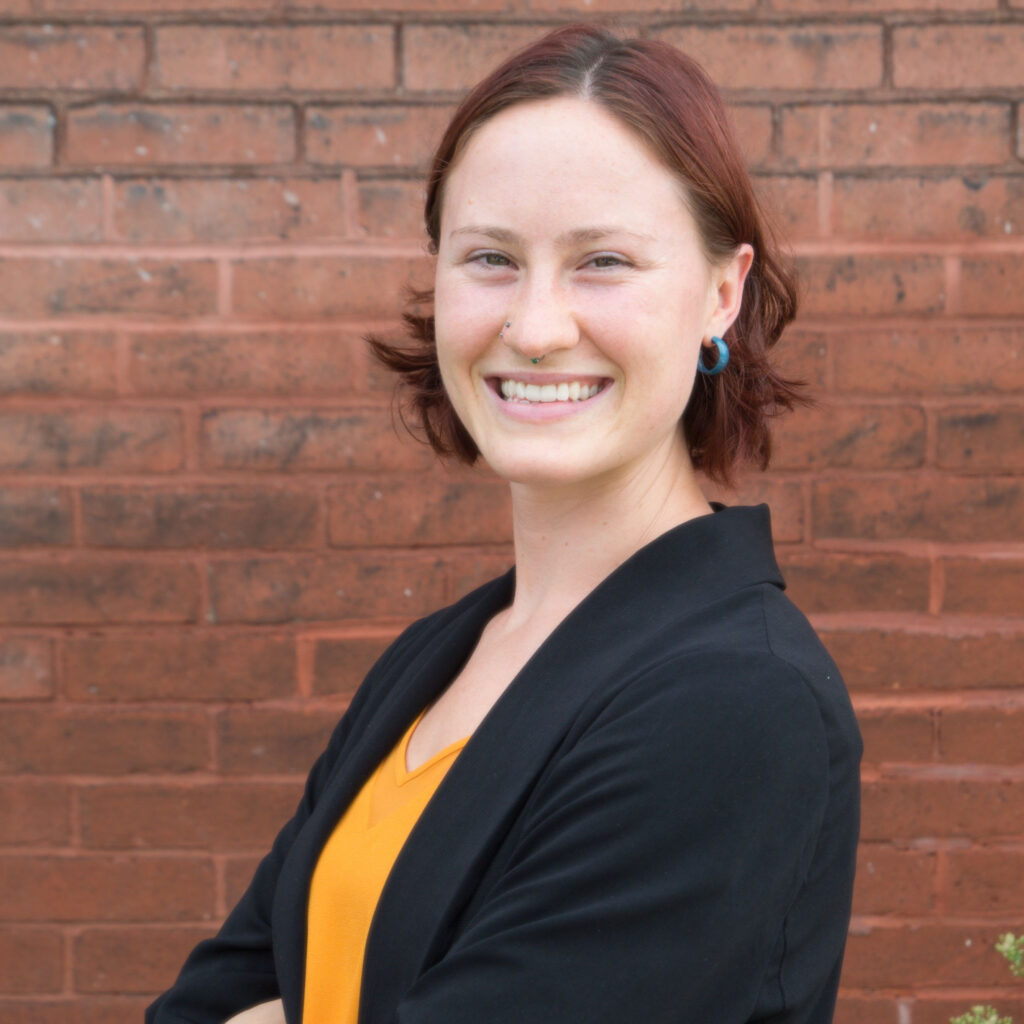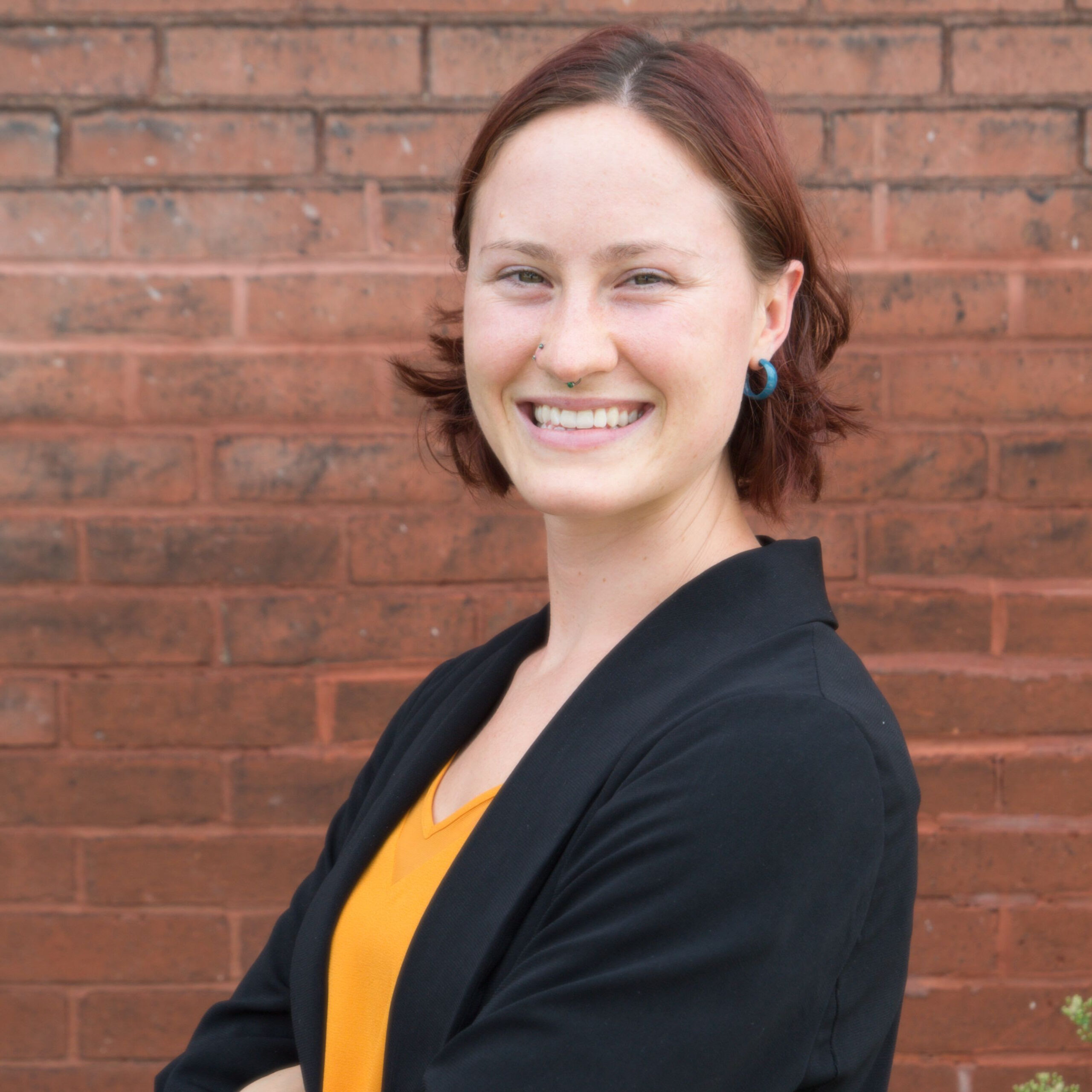
 Emily Kauchak ’21 sees a clear — and powerful — connection between study and service.
Emily Kauchak ’21 sees a clear — and powerful — connection between study and service.
While attending Allegheny College, Kauchak shaped her experience not only by majoring in environmental science and minoring in Spanish, but also by becoming involved in the surrounding region. She worked closely with the Crawford County Mental Health Awareness Program, supported local elections, and volunteered in campus and community gardens that supply fresh produce.
Kauchak’s passion for service set the stage for her Pittsburgh Urban Leadership Service Experience (PULSE) fellowship, which she secured through Allegheny’s on-campus recruiting partnership that takes place as a collaborative effort housed in Institutional Advancement/Career Education. With a mission of evoking positive, sustainable change in the city of Pittsburgh, PULSE recruits talented, dynamic college graduates to join the mission by partnering with Pittsburgh nonprofits for a year of service and leadership.
Kauchak says that her Allegheny experience prepared her for the PULSE fellowship in many ways — particularly by fostering partnerships with the region. “Allegheny College strongly encourages its students to be civically responsible and actively engaged within the vibrant Meadville community,” she says.
PULSE typically brings on five to six Allegheny graduates annually for their Fellows Program. Among the most represented schools in PULSE, Allegheny graduates generally account for 25% to 33% of the fellows. Kauchak joins four other Allegheny alumni currently serving with PULSE.
As a 2021–2022 PULSE Fellow, Kauchak is working closely with the Urban Redevelopment Authority of Pittsburgh. In this position, she serves as the Pittsburgh Land Bank (PLB) Coordinator. The PLB’s mission is to return unproductive property back to beneficial reuse using equitable, transparent, and public processes that support socially and economically diverse communities.
Kauchak strongly believes that the health of people and communities must be prioritized before tackling complex environmental issues centered around systems of injustice and inequity.
While a student, she worked in the Carrden — Allegheny’s on-campus learning and teaching garden. During a summer she spent on campus, she also volunteered at the Meadville Area Recreational Complex Community Garden and the Mobile Market, which brings fresh, local food to area residents. Those experiences, afforded through her involvement with the Carrden, “really connected, not just the environmental aspects of the community, but the social ties that are deeply embedded into the fabric of Meadville,” she says.
Kauchak looks back with gratitude on her time at Allegheny — and those who made it possible. “I would like to thank the Allegheny professors who take an active role in the community and contribute positively to peoples’ lives inside and outside the classroom,” she says.


